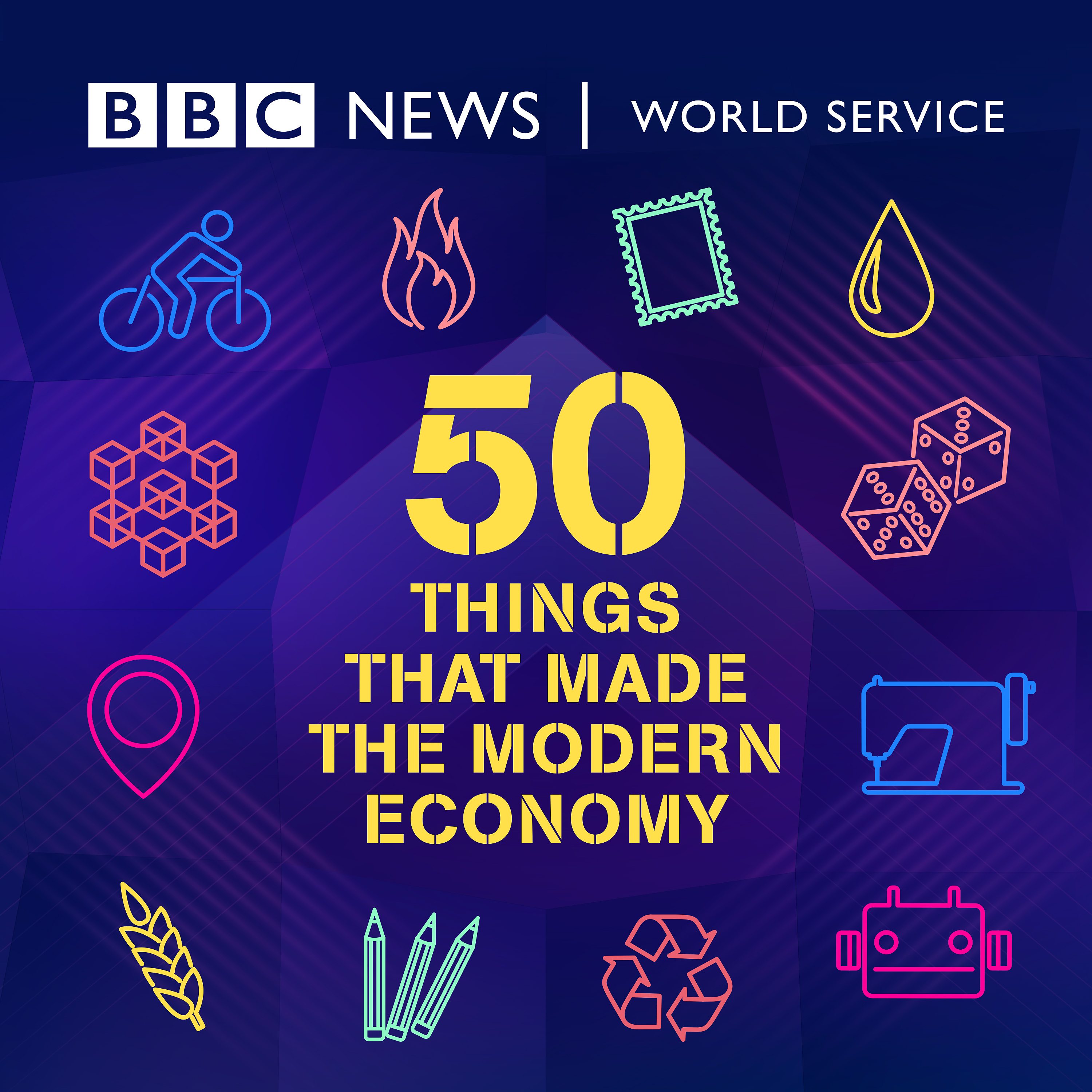
Gramophone
50 Things That Made the Modern Economy
“Superstar” economics – how the gramophone led to a winner-take-all dynamic in the performing industry. Elizabeth Billington was a British soprano in the 18th century. She was so famous, London’s two leading opera houses scrambled desperately to secure her performances. In 1801 she ended up singing at both venues, alternating between the two, and pulling in at least £10,000. A remarkable sum, much noted at the time. But in today’s terms, it’s a mere £687,000, or about a million dollars; one per cent of a similarly famous solo artist’s annual earnings today. What explains the difference? The gramophone. And, as Tim Harford explains, technological innovations have created “superstar” economics in other sectors too.
Producer: Ben Crighton Editors: Richard Knight and Richard Vadon
(Image: Thomas Edison Phonograph, Credit: James Steidl/Shutterstock)
Next Episodes

Battery @ 50 Things That Made the Modern Economy
📆 2017-03-18 21:00 / ⌛ 00:09:13

Public Key Cryptography @ 50 Things That Made the Modern Economy
📆 2017-03-11 21:00 / ⌛ 00:09:13

Robot @ 50 Things That Made the Modern Economy
📆 2017-03-04 21:00 / ⌛ 00:09:12

Disposable Razor @ 50 Things That Made the Modern Economy
📆 2017-02-25 15:09 / ⌛ 00:09:12

Clock @ 50 Things That Made the Modern Economy
📆 2017-02-18 15:14 / ⌛ 00:09:09